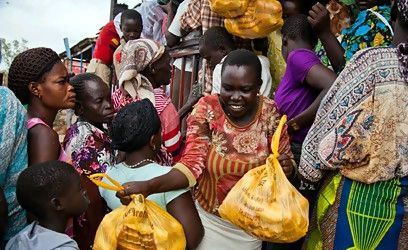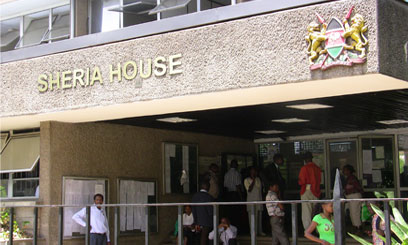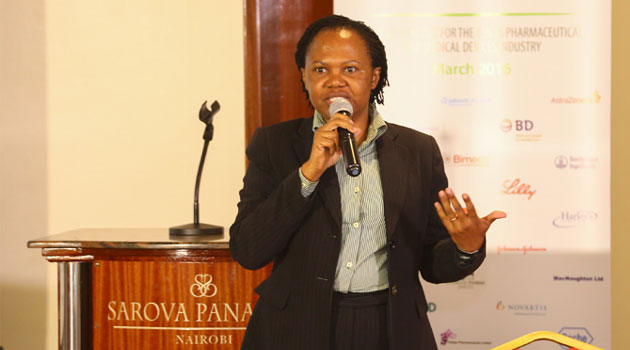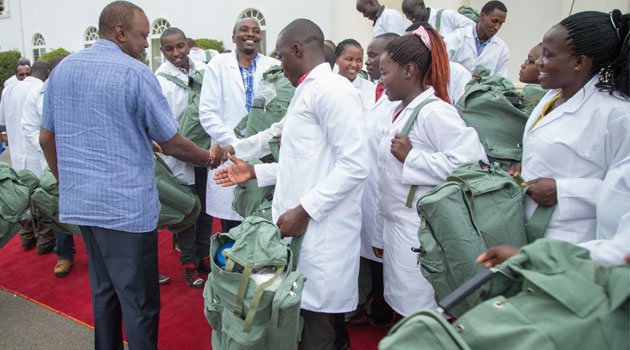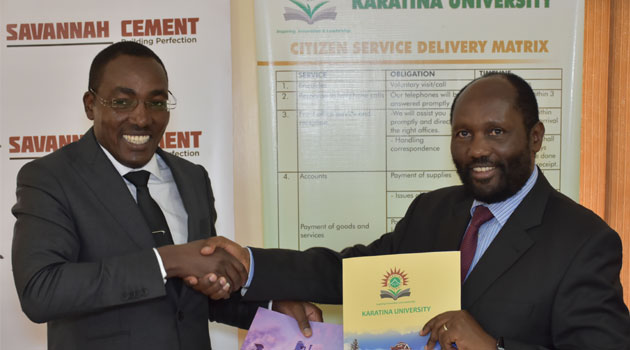
San Francisco, United States, Jun 14 – Uber chief executive Travis Kalanick announced Tuesday he would take an indefinite leave of absence as the embattled ridesharing giant unveiled steps to reform a corporate culture marred by a series of embarrassing revelations.
The pioneering company has been facing pressure to rein in a no-holds-barred management style led by Kalanick and to reform its workplace culture, which has sparked charges of harassment and discrimination.
“It’s hard to put a timeline on this — it may be shorter or longer than we might expect,” the 40-year-old Kalanick said in an email to Uber employees.
“If we are going to work on Uber 2.0, I also need to work on Travis 2.0 to become the leader that this company needs and that you deserve.”
Kalanick said one of the reasons for his stepping aside was the recent death of his mother, explaining that “I need to take some time off of the day-to-day to grieve” and “to reflect, to work on myself, and to focus on building out a world-class leadership team.”
Uber simultaneously released a 13-page document calling for major reforms at the company based on a probe led by former US attorney general Eric Holder, who investigated allegations of misconduct and ethical lapses.
The report, recommendations of which were adopted by the board, said Uber “should reformulate its written cultural values because it is vital that they reflect more inclusive and positive behaviors.”
It said this should be based on “values that are more inclusive and contribute to a collaborative environment, including emphasizing teamwork and mutual respect, and incorporating diversity and inclusiveness as a key cultural value, not just as an end in itself, but as a fundamental aspect of doing good business.”
The Holder investigation was aimed at cleaning up a corporate culture marred by accusations of harassment, discrimination, and cutthroat practices to thwart rivals and evade regulators.
The company is facing questions about its covert use of law enforcement-evading software and tactics apparently aimed at disrupting rivals in the ridesharing business.
– ‘Tone at the top’ –
The report said the reforms should focus on “tone at the top, trust, transformation, and accountability.”
It said the company should “review and reallocate responsibilities of Kalanick,” and that creating the job of chief operating officer, which was discussed in recent months, “should address this concern to some extent.”
The report said the reforms should focus on “tone at the top, trust, transformation, and accountability.”
It said the company should “review and reallocate responsibilities of Kalanick,” and that creating the job of chief operating officer, which was discussed in recent months, “should address this concern to some extent.”
Uber should also consider installing an independent board chair, “to serve as an independent check on Uber’s management” and to show it is taking reforms seriously. The Holder report also called for “an ethics and culture committee” to oversee Uber’s efforts to maintain ethical business practices.
Uber, which is the world’s richest venture-backed startup valued at some $68 billion, operates in dozens of countries despite problems with regulators in many jurisdictions and protests from established taxi operators.
The San Francisco group parted ways this week with its number two executive, Emil Michael, who had been reportedly linked to a number of questionable practices at Uber including a visit to a South Korean escort-karaoke bar and an attempt to dig up embarrassing information on journalists.
Last week, Uber said it had fired 20 people following preliminary results of the investigation, after examining 215 claims of discrimination, harassment, unprofessional behavior, bullying, retaliation and “physical security.”
